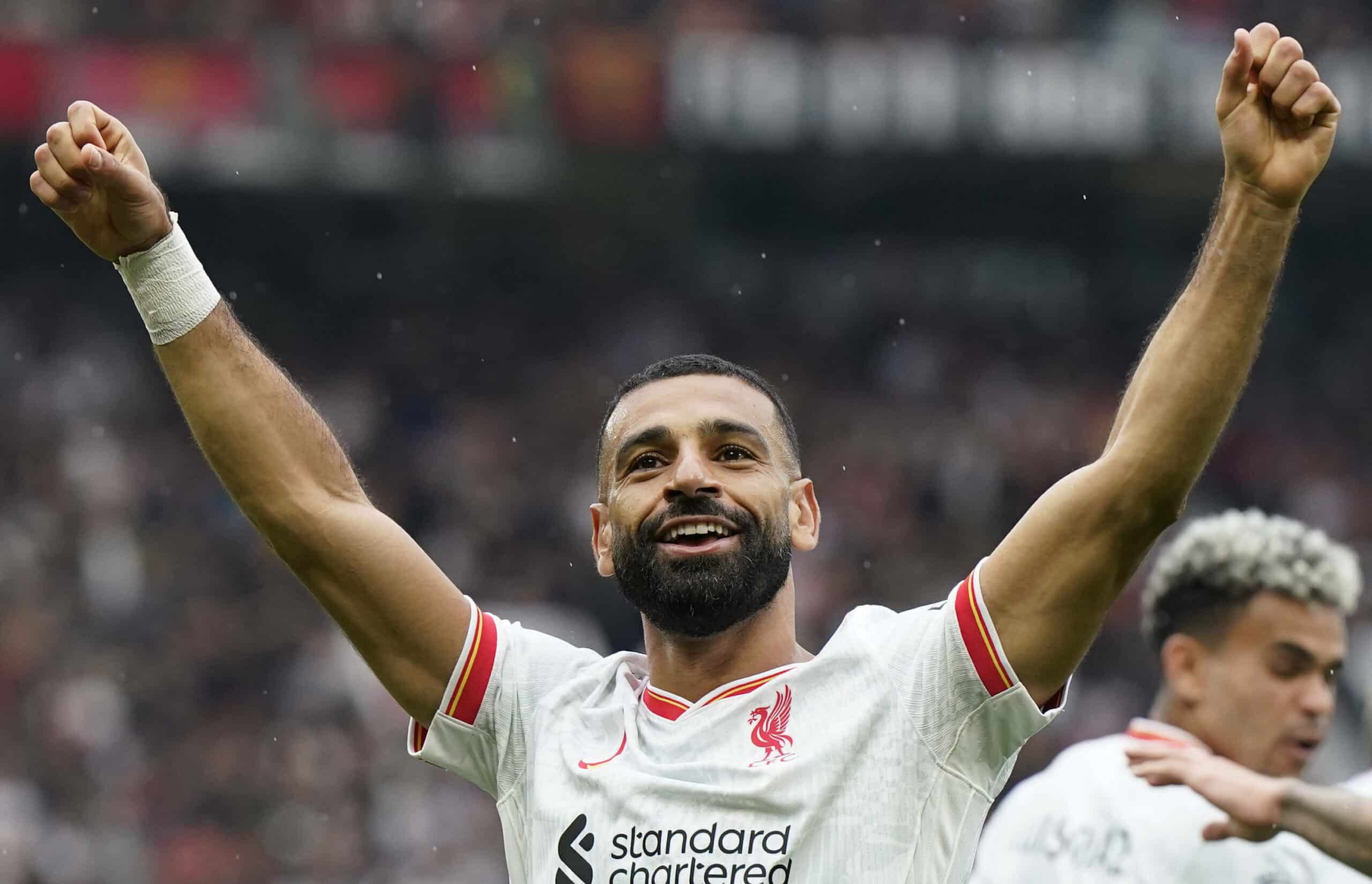Exploring Salah’s Contract Saga: A Liverpool Perspective
In the swirling vortex of Premier League speculation, few topics stir as much interest as the contractual dealings of top-tier players. Recently, the spotlight has hovered over Mohamed Salah and his ongoing negotiations with Liverpool. David Lynch, on the Anfield Index’s ‘Media Matters’ podcast, shed some light on Salah’s current contract situation and its implications for Liverpool’s future. His insights provide a fascinating backdrop against which the dance of player contracts is set.
Salah’s Bold Contract Stance
Mohamed Salah, Liverpool’s talismanic forward, recently made waves with comments about his contract renewal. Lynch describes Salah’s approach as putting “the ball in Richard Hughes’ court,” indicating Salah’s openness to continue at Liverpool, but underlining that the initiative must come from the club’s side. He states, “He’s basically put it back on Richard Hughes now and said come to me and sort it out.” This move by Salah not only asserts his value but challenges the club to match his expectations.
Salah’s stance might seem like a potential storm brewing over Anfield. However, Lynch views it differently: “I know there was a lot of shock or fear that Mohamed Salah is going to go, but I actually don’t think this is bad news for Liverpool.” This suggests that Salah’s forthrightness could catalyse a more proactive approach from Liverpool in handling contract talks.
Financial Implications and Club Strategy
The financial aspect of Salah’s desired contract poses a considerable challenge. Lynch highlights the enormity of the commitment Liverpool faces: “I don’t think Liverpool are going to be over the moon to be handing out another three years at £350,000 a week because that is a big contract for someone that, as good as he is, will decline at some point.” This touches on a critical dilemma for modern football clubs—balancing hefty wage bills with strategic long-term squad planning.

Salah’s contract demands come at a time when performance typically begins to taper off due to age. Nonetheless, the player’s form and fitness levels suggest he could continue to influence games at the highest level for several more seasons. Thus, the club’s decision will heavily depend on weighing immediate financial strain against the potential prolonged benefits of his on-field contributions.
Looking Beyond Salah
Interestingly, Lynch hints at Liverpool’s broader strategy with new signings and current roster adjustments: “The fact that they’ve signed Chiesa suggests to me that they are looking at getting more longevity out of Salah, so surely it’s in Liverpool’s mind that they could extend his contract.” The acquisition of Federico Chiesa could be seen as a move to complement Salah’s role or perhaps gradually transition the squad’s reliance away from him, thereby ensuring sustained performance levels even as Salah ages.
Future Prospects and Conclusion
Lynch wraps up with a pragmatic view on the immediate steps Liverpool should take: “This time they probably do need to start those initial talks and find out what Mo actually wants and get it sorted.” This implies that clear communication and earnest negotiations could pave the way for a satisfactory agreement for both Salah and Liverpool.
In essence, Salah’s contract scenario is more than a mere negotiation—it’s a litmus test for Liverpool’s strategic planning and financial agility. The outcome will likely influence not only Salah’s career trajectory but also Liverpool’s competitive edge in the high-stakes environment of the Premier League.
Salah’s story is yet another chapter in the complex interplay of football economics and club loyalty, a narrative that will continue to fascinate and frustrate in equal measure.



